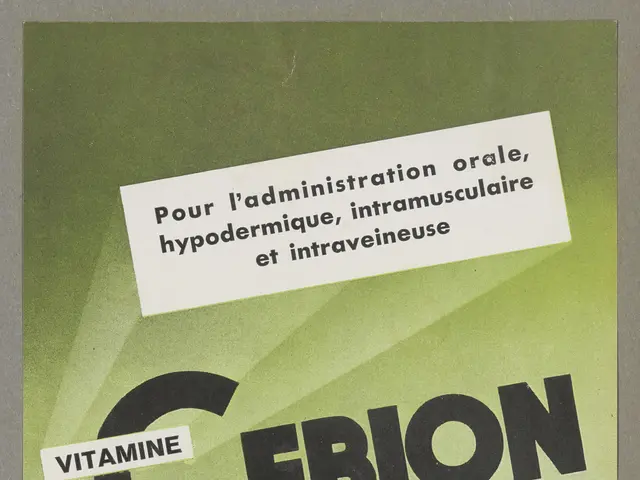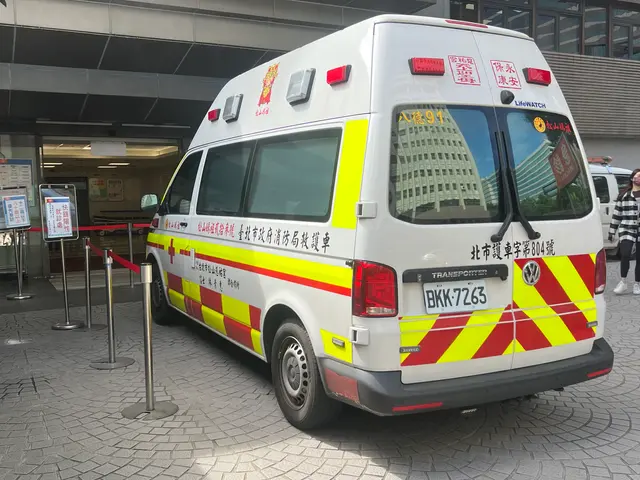Mohorn's Rehab Facility: Levels of Autonomy
In the heart of Saxony, a social reintegration initiative named "Halfway Up the Stairs" is making waves. This project, designed to support women offenders as they transition back into society after incarceration, offers a beacon of hope for those seeking a fresh start.
The project, established in 2024, focuses on providing a structured, supportive environment where women can regain stability, build independence, and reduce the likelihood of reoffending. Key aspects of the project include residential support, personal development, employment and education assistance, psychosocial counseling, and community integration.
Residential support offers halfway house accommodations, serving as a transitional living space, giving women a safe and stable home while they reintegrate. Personal development aids in the development of essential life skills, such as managing daily routines, budgeting, and communication, which are crucial for independent living.
Employment and education assistance help women find job opportunities or engage in educational programs to enhance their career prospects. Psychosocial counseling addresses underlying issues such as trauma, addiction, or mental health challenges. Community integration encourages involvement in community activities, helping to rebuild social networks and foster a sense of belonging.
The "Halfway Up the Stairs" project is part of "open custody in free forms," a custody form that takes place in specially approved facilities and goes beyond open custody. This approach, while still rare in Germany, is gaining traction as a potential solution to high recidivism rates.
International research findings suggest that coercive measures have a significantly worse effect on recidivism rates than freer forms. This sentiment is shared by Britta Rabe from the Committee for Basic Rights and Democracy e.V., who believes that regular imprisonment only stores and destroys people, rather than rehabilitating them.
The Committee advocates for prisoner aid and believes that concepts like the "halfway house" should be "the standard, not the exception." A similar sentiment is echoed in the 1977 Criminal Execution Act, which states that the purpose of prison is to enable the return of individuals to society after a conviction, requiring easing of custody.
However, the practice of custody has evolved over time. The mid-90s saw a shift towards permanent isolation of individuals, moving away from easing of custody. This change was primarily viewed as a "risk to society." The establishment of the state criminal execution laws in 2006 further solidified this approach.
Despite these challenges, innovative projects like "Halfway Up the Stairs" continue to push for change. Another notable project is "The Seahouse," an association operating open custody for juveniles and young adults in Leonberg and Leipzig, following the principles of Restorative Justice.
As the nation grapples with high recidivism rates, initiatives like these offer a glimmer of hope for a more compassionate and effective criminal justice system. The future lies in finding a balance between public safety and the rehabilitation of offenders, ensuring a second chance for those who seek it.
- The "Halfway Up the Stairs" project, having expanded its scope to include mental health and men's health apart from women's health, is now offering a variety of therapies and treatments to address underlying issues and foster holistic health-and-wellness.
- In line with the belief that freer forms of custody like the halfway house model reduce recidivism rates more effectively, the project has integrated science-based health and wellness practices to further enhance its outcomes.
- Recognizing the importance of health-and-wellness in overall development, "Halfway Up the Stairs" aims to extend its services to encompass a broader range of health areas, including health-and-wellness for both men and women, as part of its ongoing commitment to social reintegration and sustainability.




